Efficient Fat Loss: Avoid Refined Sugars
After starting a fat-loss diet, many people find themselves perplexed about sweeteners and sugar substitutes.
What are erythritol and stevia? Are they artificial or natural?
Here’s a comparison of common natural sweeteners, their features, pros, and cons for your reference.
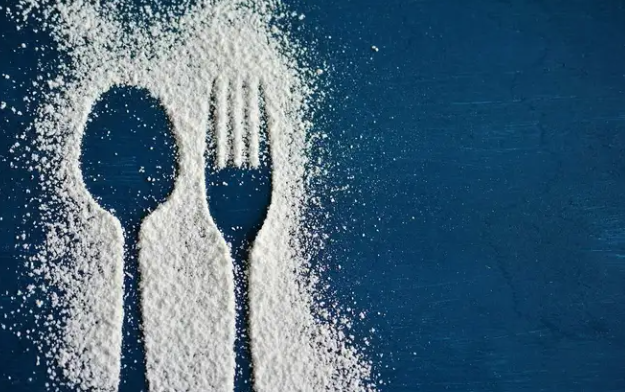
Natural Sweeteners / Sugar Substitutes
Sugar Alcohols
"Sugar alcohols" sound very chemical, but these are actually natural substances found in small quantities in fruits and vegetables, as well as in the sugars produced by fermenting plants. They produce minimal calories since our bodies cannot fully digest them. However, some sugar alcohols may cause digestive discomfort. Here are the most commonly used ones:
Erythritol
Doesn’t raise blood glucose or insulin levels.No calories.Unlike other sugar alcohols, it doesn’t cause digestive issues because it’s absorbed in the small intestine.Poor solubility in liquids, but grinding it into powder improves this.When consumed in large amounts, it has a cooling sensation similar to licking an ice cube.Often blended with other zero-calorie sweeteners to improve taste and cost; often mixed with Monk fruit extract or stevia.Sweetness is 70% that of sugar.When substituting for sugar, use a ratio of erythritol:sugar = 1.3:1.
Xylitol
Causes a slight increase in blood glucose (glycemic index [GI] of 13), much lower than table sugar (GI 63).Does not crystallize and has no distinctive aftertaste.Strengthens tooth enamel and prevents cavities, which is why it’s often added to chewing gum.May cause digestive discomfort when consumed in large quantities.Toxic to dogs, so keep it out of reach if you have pets.Sweetness is 100% that of sugar.Substitute for sugar at a ratio of xylitol:sugar = 1:1.
Sorbitol & Maltitol
Commonly found in store-bought sugar-free products but not recommended due to higher caloric content and potential digestive issues.Maltitol syrup has a GI of 52, while powdered maltitol has a GI of 36.Sorbitol has a GI of 9 but contains 2.6 calories per gram, with a sweetness only half that of sugar. To achieve the same sweetness, you need to use twice as much, resulting in higher calorie intake compared to sugar (which has 4 calories per gram).Both sorbitol and maltitol can cause more severe digestive discomfort.
Plant Extracts
Stevia
Derived from the plant Stevia rebaudiana.Does not raise blood glucose levels and is calorie-free, making it an excellent sweetener.The main drawbacks are its relatively high price and a slightly bitter aftertaste, which becomes more noticeable with larger amounts.Often blended with other sweeteners, such as erythritol.Sweetness is 200-300 times that of sugar.Available in powder, liquid, and syrup forms.
Powdered Stevia
Many powdered stevia products contain maltodextrin or dextrose to make them directly interchangeable with sugar, but these additives can spike blood glucose levels (maltodextrin GI 110, dextrose GI 100). Check the ingredients list carefully.Pure stevia is expensive and has a bitter aftertaste, so manufacturers often mix it with erythritol or monk Fruit Extract to balance flavor and price.
Liquid Stevia Extract
Typically sold in dropper bottles due to its high concentration. Different brands vary in sweetness, so you'll need to adjust the amount accordingly. Less common domestically.
Stevia Glycerite Syrup
Has the consistency of honey, is less concentrated than liquid stevia, and has a sweetness of approximately 200 times that of sugar. It lacks the bitter aftertaste of liquid stevia. Less common domestically.
Does not raise blood glucose levels.Lacks the cooling effect of erythritol.Does not have the bitterness of stevia.Monk fruit concentrate has a sweetness 200-300 times that of sugar.A blend of monk fruit extract and erythritol can be used as a 1:1 substitute for granulated sugar.Many powdered monk fruit sweeteners also contain maltodextrin or dextrose; check the labels carefully.The primary downside is its high cost. Manufacturers often blend different proportions of erythritol or stevia to adjust the price point.
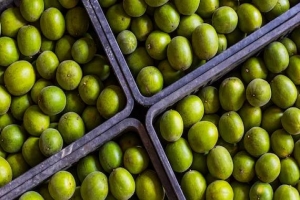 The regulation of Monk Fruit Extract (also known as Luo Han Guo extract) varies across different cou
The regulation of Monk Fruit Extract (also known as Luo Han Guo extract) varies across different cou
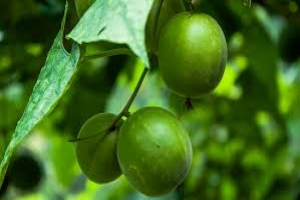 Health Canada Approves Monk Fruit Extract as a Natural Sweetener
Health Canada Approves Monk Fruit Extract as a Natural Sweetener
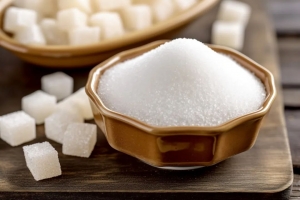 New Breakthrough in Allulose: A Healthier Sugar Alternative Gains Momentum
New Breakthrough in Allulose: A Healthier Sugar Alternative Gains Momentum
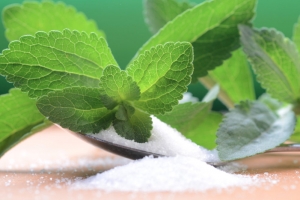 Understanding Reb-M: The Benefits of a Next-Generation Sweetener
Understanding Reb-M: The Benefits of a Next-Generation Sweetener